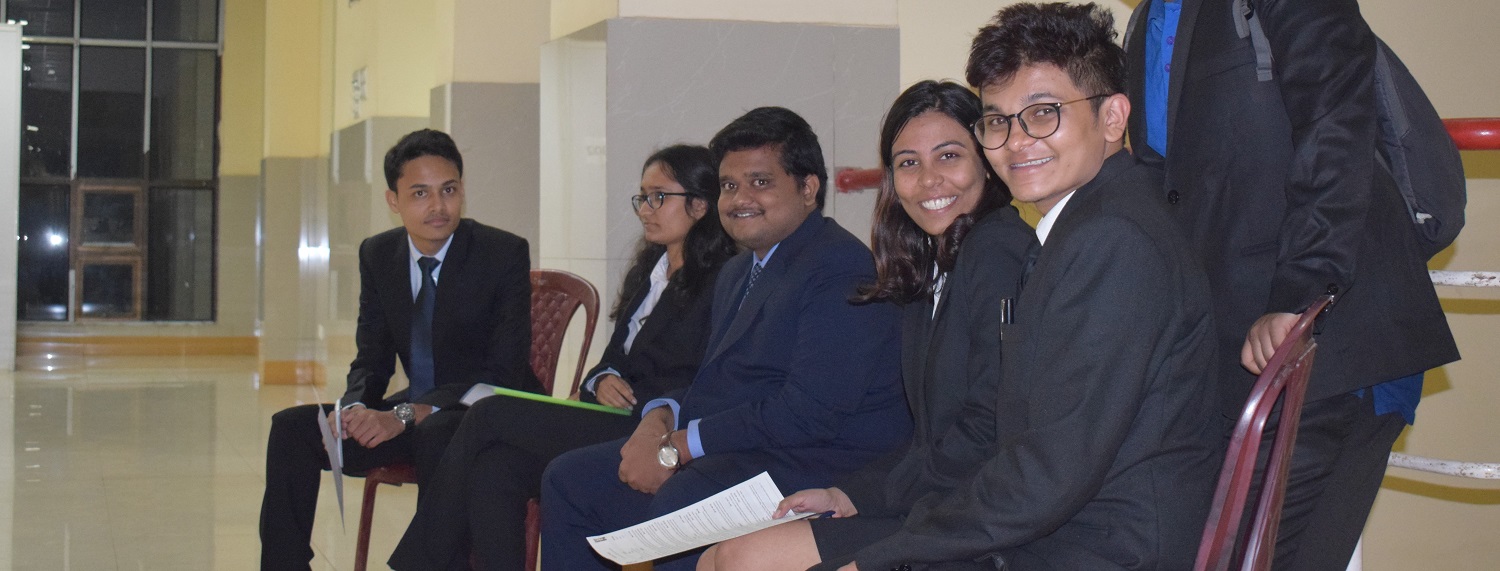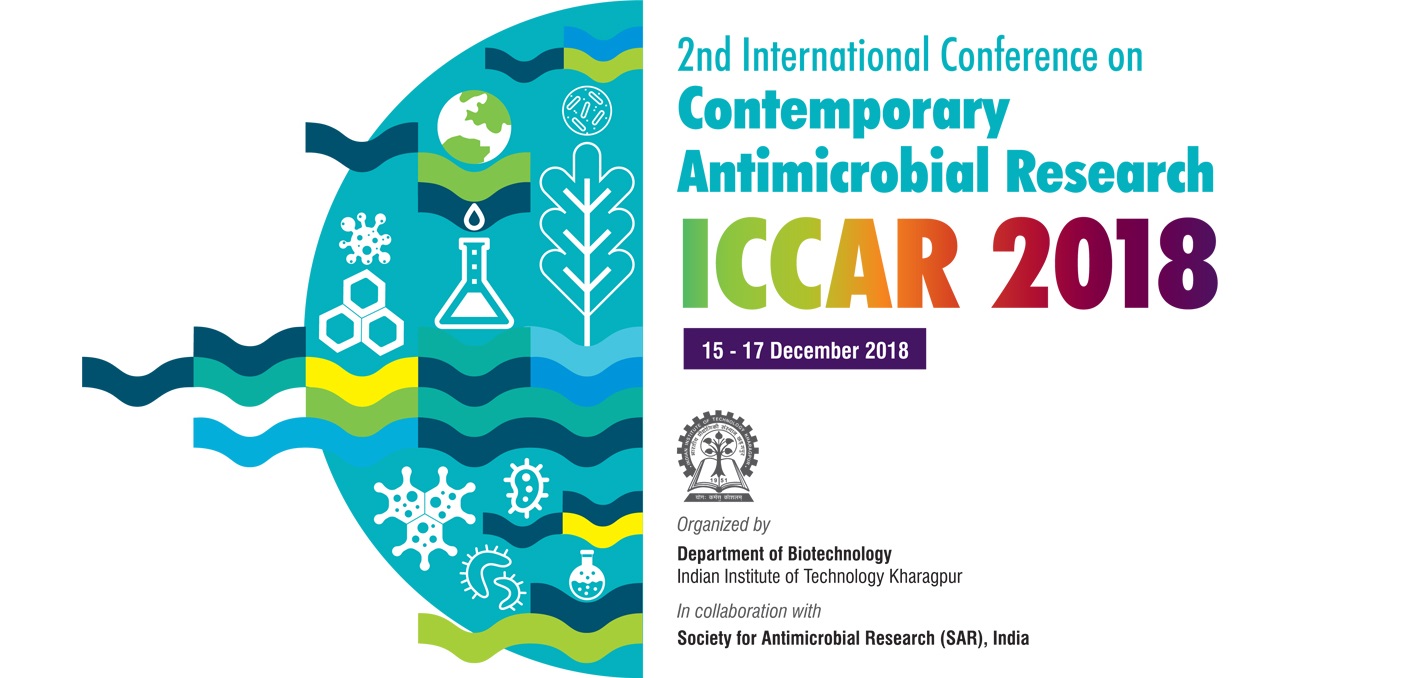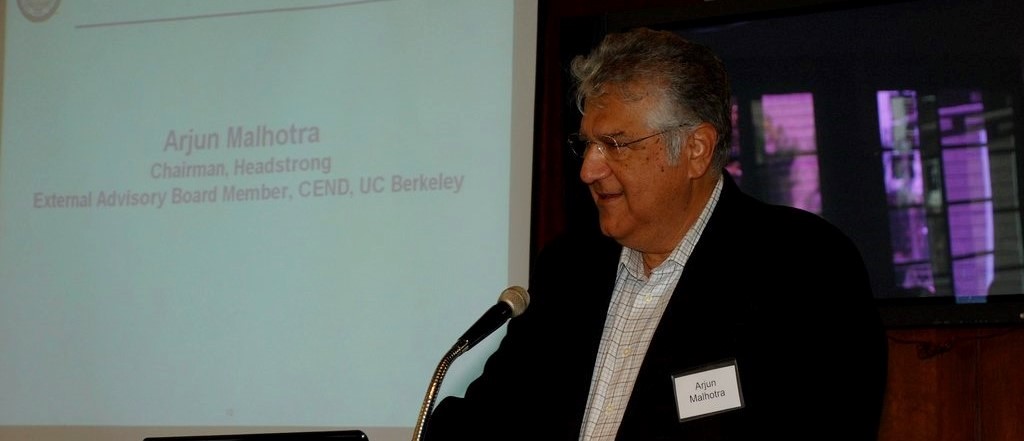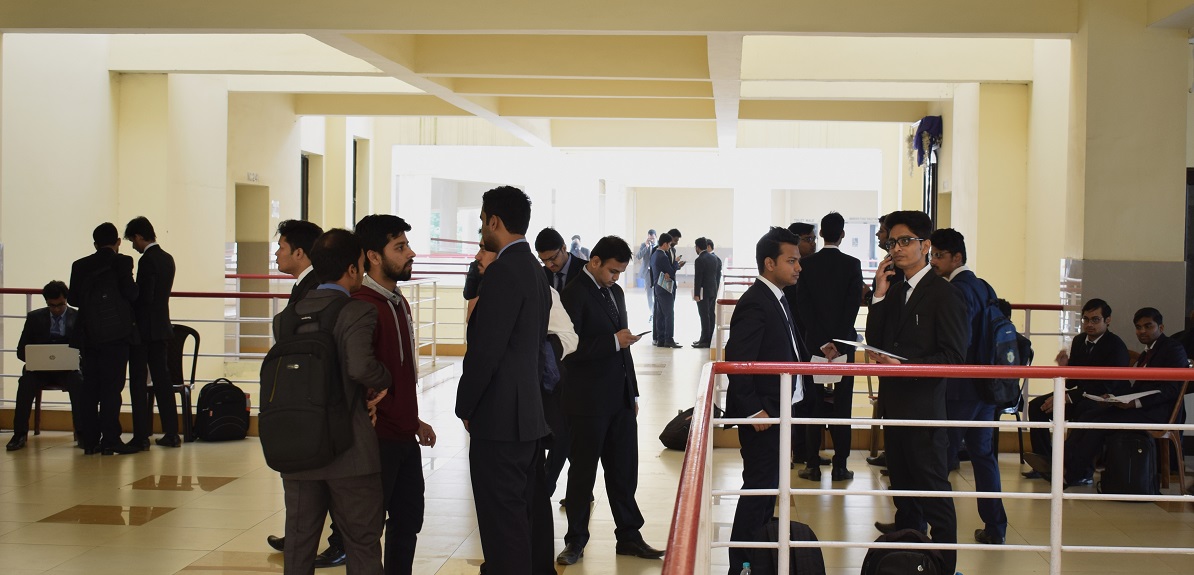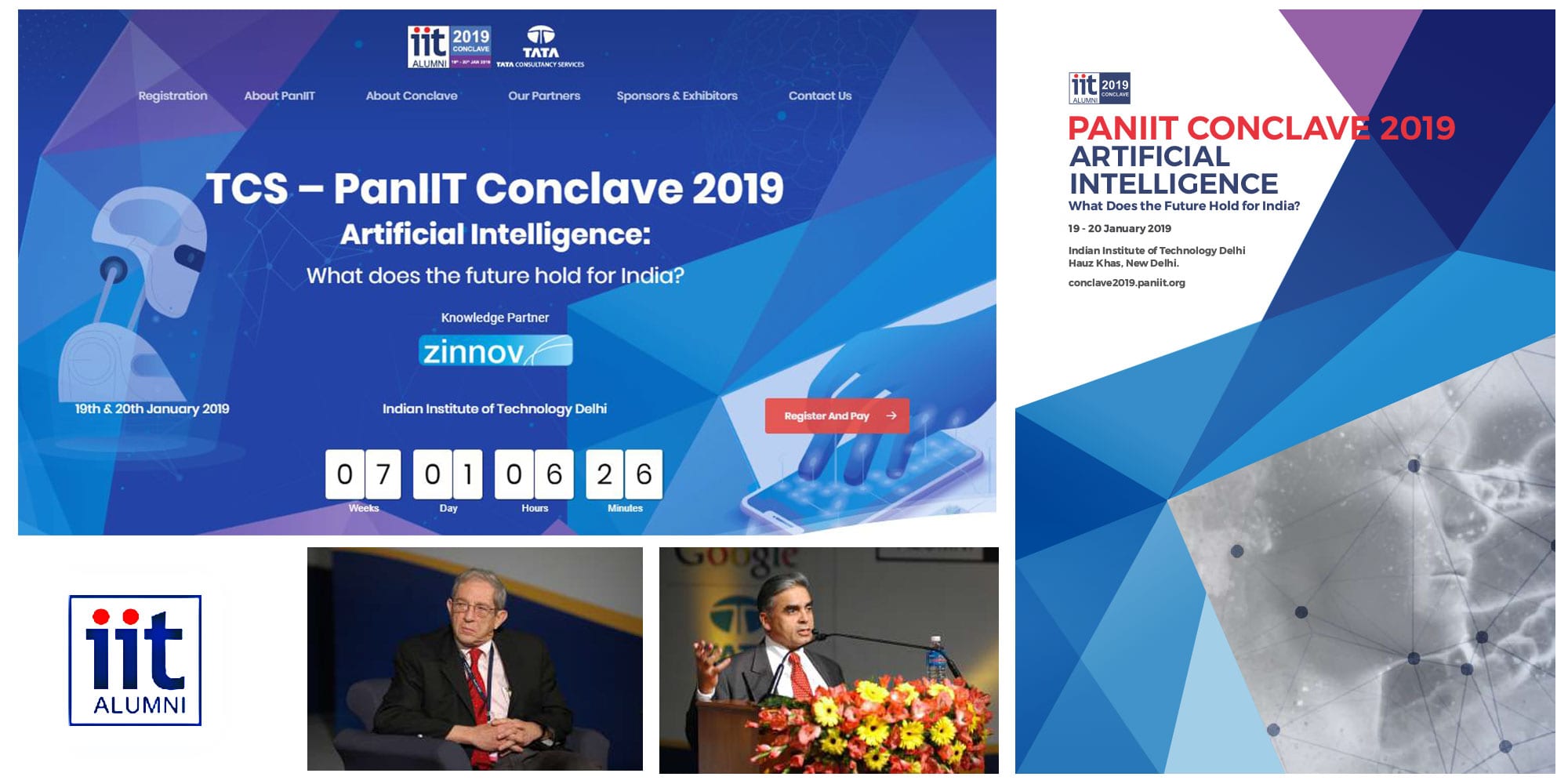
Smartphone App to Aid Smoking Cessation
Smartphone applications in the present times are the popular source of information on market intelligence. In the last decade, these gadgets have been revolutionizing the consumer world by replacing our wallets and bringing services such as cabs, restaurants, shops, IoT based smart homes at our doorsteps. These are also contributing to our fitness regime. But smartphones can give a lot more insights, they can tell what we are doing at the moment, our habits and the associated health hazards. This is what researchers at IIT KGP have confirmed through their latest innovation. A research team led by Prof. Ram Babu Roy at…


